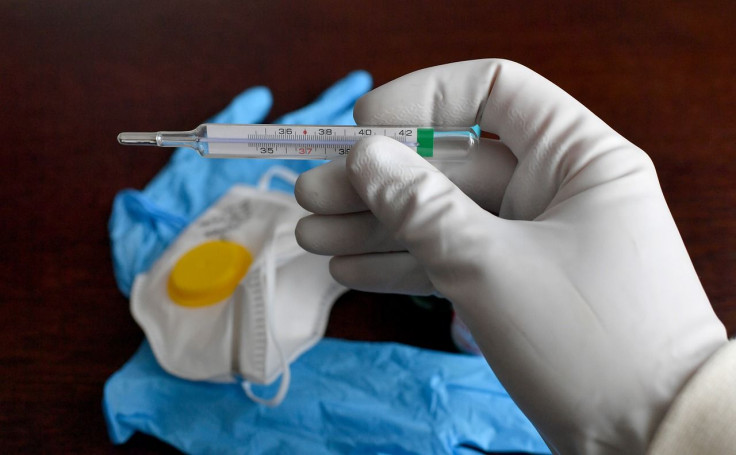Is There Any Difference As To How Coronavirus Affects Children And Adults?

KEY POINTS
- Coronavirus has mostly affected adults, with the elderly seen to suffer serious complications
- There have been a few cases of children affected with COVID-19
- Experts highlight any difference between children and adults infected by the coronavirus
The death toll in the UK caused by coronavirus has risen to six. Experts, however, think this number may still increase in the coming weeks. According to health professionals, this is to be expected as COVID-19 gains a considerable foothold in the country.
In response, the UK government will implement a new countrywide policy that seeks to minimize the effects of the epidemic within the next ten to fourteen days. Chris Whitty, UK’s Chief Medical Officer, has stated that those who show even the slightest symptoms of respiratory tract infections or fever will be asked by the government to self-isolate. Whitty said the government is willing to go this far to minimize the transmission rate of the virus.
At present, all attention is focused on adults and the elderly, as well as other at-risk groups. There is a lingering question, however, whether there are differences when it comes to symptoms in children.
Warning Signs To Look Out For In Children
The Centers for Disease Control and Prevention admit they have limited data on children with COVID-19 in China. This partial information, however, shows that children infected with the virus also display cold-like symptoms like runny nose, cough, and fever. There is also one child infected with COVID-19 that showed gastrointestinal symptoms like diarrhea and vomiting.
This limited information suggests children confirmed to be infected with COVID-19 have presented mild symptoms. While there are reports of children having severe complications, like acute respiratory distress syndrome or septic shock, they seem to be uncommon.
What To Do When Symptoms Are Observed?
If you observe some of the most common coronavirus symptoms in your child, you need to immediately call NHS 111. NHS 111 is an online service established to provide guidance and assistance to persons who may have been infected with the deadly virus. They can tell you if there is a need to seek medical help and also provide you with sound advice on what to do.
The National Health Service also explained that you should avoid going to your GP, local pharmacy, or hospital as this may increase transmission rate among the general public. If you suspect you or your child has coronavirus, you should self-isolate and do your best to stay away from other people. This means you should stay at home and avoid going to work, school, or other public places.
You should also avoid using public transportation or even taxi services. If you have errands to do, you can ask family members, friends, or delivery services to perform these errands for you. Avoid visitors at this time, though it is fine for family, friends, or delivery services to drop off your food. The NHS recommends doing this for up to fourteen days to help minimize the possible spread of the virus.
© Copyright IBTimes 2024. All rights reserved.





















